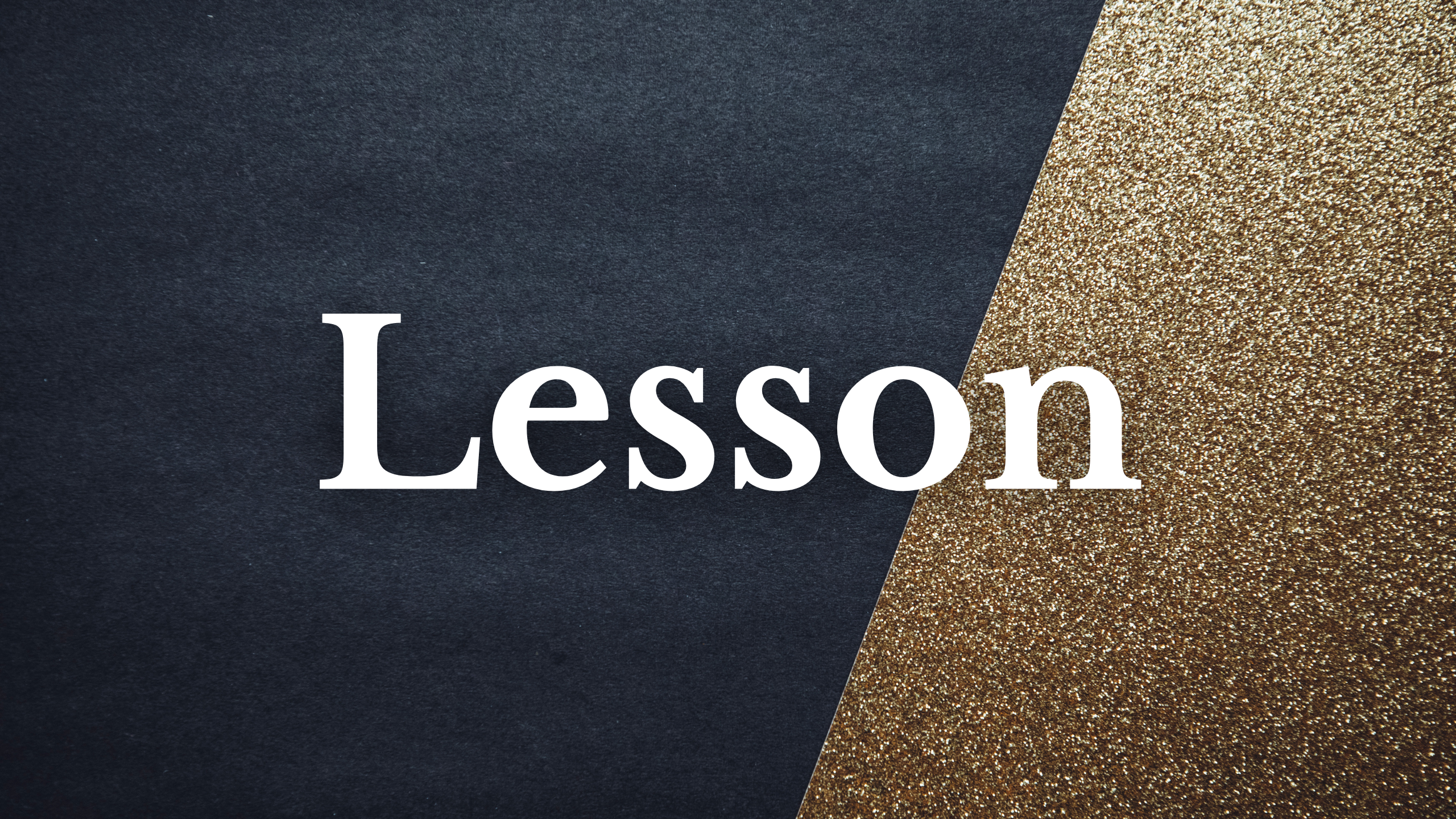「〜と」「〜ば」「〜たら」「〜なら」 can all be translated as “if” or “when” in English. In this post, I’ll walk you through four different ways of expressing if/when in Japanese. By the end, you’ll hopefully have a clearer idea of how to use them with confidence. Let’s get started!
▶︎春になると、桜の花が咲く。
▶︎話せば、わかる。
▶︎宿題が終わったら、遊びに行こう。
▶︎それ、いらないなら私にください。
In a nutshell…
〜と:自然な結果・必然的(機械・自然現象・習慣)
→ “When/whenever… (natural result, inevitable outcome—machines, natural phenomena, habits)”
〜ば:論理的・客観的
→ “If… (logical or objective condition)”
〜たら:一度きり・未来の条件・意志的な動作
→ “If/when… (one-time event, future condition, intentional action)”
〜なら:前提を受けての判断や提案
→ “If (it is the case that)… (judgement or suggestion based on a given premise)”
〜と (whenever / as soon as)
It gives the sense that the result occurs automatically and inevitably, without the speaker’s intention or decision.
春になると桜の花が咲く。“When spring comes, cherry blossoms bloom.”
このボタンを押すと、電気がつきます。“If you press this button, the light turns on.”
早起きすると気分がいいです。”I feel good when I wake up early.”
〜ば (if, in a logical sense)
It expresses a logical, objective condition and is often used in explanations or written texts.
早く寝れば、明日元気になりますよ。“If you sleep early, you’ll feel good tomorrow.”
水を加えれば、溶けます。“If you add water, it dissolves.”
彼だって、話せば分かってくれるよ。”He’ll understand too, if you just talk to him.”
〜たら (when / after / if)
It refers to a single event or a future condition, and can convey the speaker’s intentions or emotions.
宿題が終わったら、遊びに行こう。“When (after) I finish my homework, let’s go out.”
日本に行ったら、富士山に登りたい。“If I go to Japan, I want to climb Mt. Fuji.”
海で泳いだら日焼けした。”I got sunburned after swimming in the sea for a long time.”
〜なら (if it’s the case that / given that)
Used to make a suggestion or judgement based on a given premise, often in response to someone else’s statement.
日本に行くなら、京都もおすすめですよ。“If you’re going to Japan, I recommend Kyoto too.”
それなら、明日にしましょう。“If that’s the case, let’s do it tomorrow.”
それ、いらないなら私にください。“If you don’t need it, you can give it to me.”
Tips
① “〜ば” is followed by a word or phrase with a positive connotation.
道の外側を歩くと危険です。GOOD
道の外側を歩けば危険です。NOT GOOD
“It’s dangerous to walk outside the path.”
② Grammatical differences
~と
・Verb plain form + と
・い-adjective + と
・な-adjective だ + と
・Noun だ + と
~ば
・Verb ば-form
・い-adjective いければ
・な-adjective ならば
・Noun ならば
~たら
・Verb た-form+ら
・い-adjective いかった + ら
・な-adjective だった + ら
・Noun だった + ら
・もし~ +
~なら
・Verb plain form + なら
・い-adjective + なら
・な-adjective な + ら
・Noun + なら
・もし~ + なら
③ Can it be used with the polite form?
このボタンを押しますと、ドアが開あきます。○YES
このボタンを押しませば、ドアが開きます。×NO
このボタンを押しましたら、ドアが開きます。○YES
このボタンを押しますなら、ドアが開きます。×NO
“Pressing this button opens the door.”
④ Can it be used with imperative (request) sentences?
新しい家に引っ越すと、住所を教えてください。×NO
新しい家に引っ越せば、住所を教えてください。×NO
新しい家に引っ越したら、住所を教えてください。○YES
新しい家に引っ越すなら、住所を教えてください。○YES
“Once you’ve moved into your new home, please let me know your address.”
⑤ Can “should” and “better (to)” be used together in the same phrase?
沖縄に行くと、泡盛を飲んだほうがいいですよ!
×NO
沖縄に行けば、泡盛を飲んだほうがいいですよ!
×NO
沖縄に行ったら、泡盛を飲んだほうがいいですよ!
○YES
沖縄に行くなら、泡盛を飲んだほうがいいですよ!
○YES
“If you go to Okinawa, you should drink awamori!”
Quiz!
Fill in the blanks by converting the verbs in brackets from the dictionary form to the appropriate form.
Choose from ~と, ~ば, ~たら, or ~なら (you may have one or more options!).
●お酒を(飲む→ )頭が痛くなった。
●駅に(着く→ )、電話をしてください。
●田中先生に(聞く→ )、わかるかもしれません。
●(暇だ→ )、一緒に行きませんか?
●(安い→ )、買いたいです。
●誰に(聞く→ )わかりますか?
●トムさんがアメリカから(戻って来る→ )、一緒にスキーに行こう。
●日曜日、いい(天気だ→ )、山にでも行こうかなあ。
●キムさんが(来る→ )、授業を始めましょう。
●このボタンを(押す→ )、音楽が流れます。
Make your own sentences!
▶︎~と
▶︎~ば
▶︎~たら
▶︎~なら
Share your answers in the comments! ☺︎




コメント